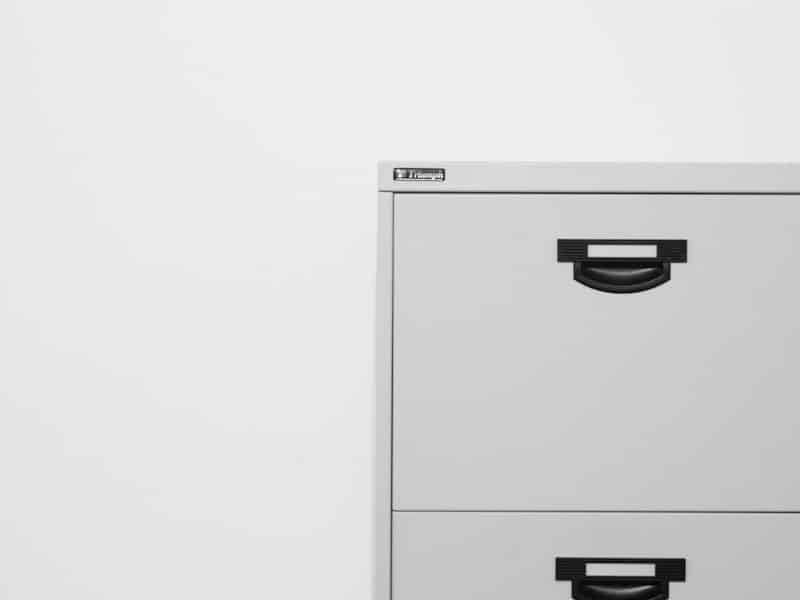When dealing with a data subject access request (SAR), one of the things that may be considered, especially in the business of law firms and legal advisors, is whether the information requested is under legal professional privilege.
When dealing with a data subject access request (SAR), one of the things that may be considered, especially in the business of law firms and legal advisors, is whether the information requested is under legal professional privilege (LPP). There is a tendency for law firms to simply classify everything that they hold about a person as under LPP, but this is far from correct.
There are two situations that can arise: 1) A SAR from the client of the law firm looking for their own information; or 2) a SAR from the opponent of the client. In the first case, the law firm cannot generally claim any LPP about the personal information they hold of their client and must produce the information in the normal way. In the case of a SAR by an opponent, the situation becomes more complex.
Of course, if you are a business and have consulted a solicitor on a legal matter to get advice, any personal information within that request is under LPP. So, for example, if you have an employee dispute and you have had advice from a solicitor, the employee (or ex-employee) cannot gain access to those communications under a SAR.
LPP can only be used to withhold information from a SAR, if such information could be withheld from a court or tribunal proceeding under the part 31 of the civil procedure rules. Such privileged information can fall into two categories: Advice Privilege and Litigation Privilege. It is a requirement for Advice Privilege, that the communication between the lawyer and client must exist in a proper legal context.
Litigation Privilege only applies to documents that are prepared in anticipation of litigation and where such a litigation is a real and likely prospect. A document cannot become privileged by entry into litigation, only if it is prepared with the litigation in mind.
There is no automatic exemption of documents or other information in a litigation scenario, it must be assessed on each piece of information requested.
If you use LPP as a reason to withhold, the ICO is able to serve you with an Information Notice – this will put you on strict proof to demonstrate to the ICO how the information falls into the LPP category.

